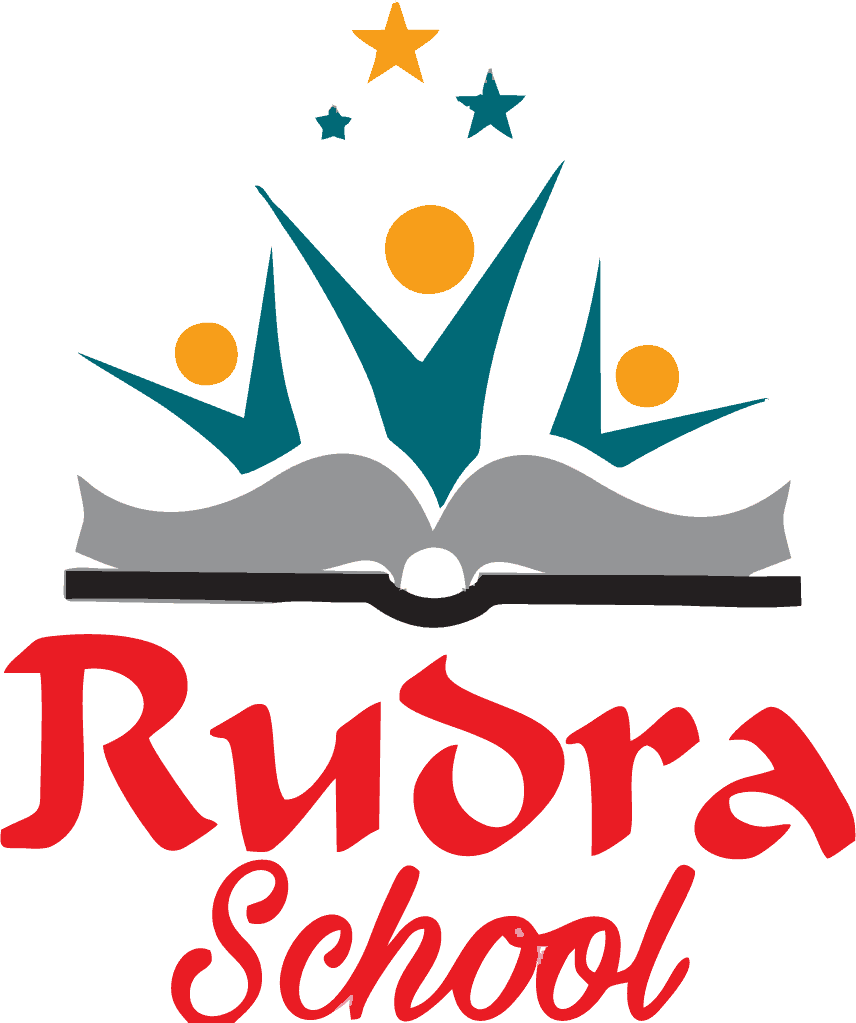
Numerous freedom fighters who were instrumental in determining the course of the country played a significant part in India’s war for independence from British colonial control by exerting great sacrifice and effort. Here are some well-known independence fighters and their noteworthy accomplishments:
Indian National Congress leader Mahatma Gandhi (1869–1948) used nonviolent civil disobedience to spearhead several large-scale actions against British rule, such as the Salt March and Quit India Movement. Millions were motivated by his Satyagraha (truth force) concept, which ultimately contributed significantly to India’s independence.
Nehru, Jawaharlal (1889–1964): Nehru, the first Prime Minister of an independent India and a personal friend of Gandhi, was essential to the process of constructing the country. His leadership influenced India’s foreign policy as he promoted socialism, secularism, and modernization.
Bose, a dynamic leader who sought armed revolt against British authority, lived from 1897 until 1945. In order to fight for India’s independence during World War II, he established the Indian National Army (INA) and allied with the Axis countries. His “Jai Hind” campaign and initiatives to build an army to liberate India attracted the public’s attention.
Singh, Bhagat (1907–1931): Bhagat Singh was a revolutionary who sought to overturn British rule via armed conflict and became a symbol of youth resistance. His bravery and selflessness inspired countless generations. He participated in numerous protests and assassinations of British officials.
The “Iron Man of India,” Sardar Vallabhbhai Patel (1875–1950), was a key player in bringing together the princely states of India after independence. He was known as the “Iron Man of India.” He had a significant role in discussions with the British during the change of power as well.
The First War of Indian Independence, commonly known as the 1857 revolt, was led by Rani Lakshmibai (1828–1858), the Queen of Jhansi, against the British. She became a stand-in for tenacity and bravery.
From 1888 till 1958, Maulana Abul Kalam Azad Azad, a well-known Muslim leader and scholar, made substantial contributions to the Quit India Movement and relentlessly fought for Hindu-Muslim harmony. Later on, he was appointed India’s first minister of education after independence.
1856–1920 Bal Gangadhar Tilak Tilak, a well-known nationalist leader, promoted the use of regional languages and cultures to bring Indians together in opposition to British authority. He made the idea of “Swaraj” (self-rule) widely accepted.
The 1865–1928 Lala Lajpat Rai: Rai, a vociferous opponent of British policies, took part in a number of anti-colonialist movements. He was an integral component of the Simon Commission demonstrations as well as the Non-Cooperation Movement.
(1906–1931) Chandrashekhar Azad A daring revolutionary noted for his participation in numerous acts of resistance against the British, Azad was a close friend of Bhagat Singh. Instead of being apprehended by the authorities, he chose to fight to death.
These are only a few instances; there were a great number of other freedom fighters that significantly aided India’s war for independence. Their commitment, selflessness, and fortitude continue to serve as an example for people everywhere.





